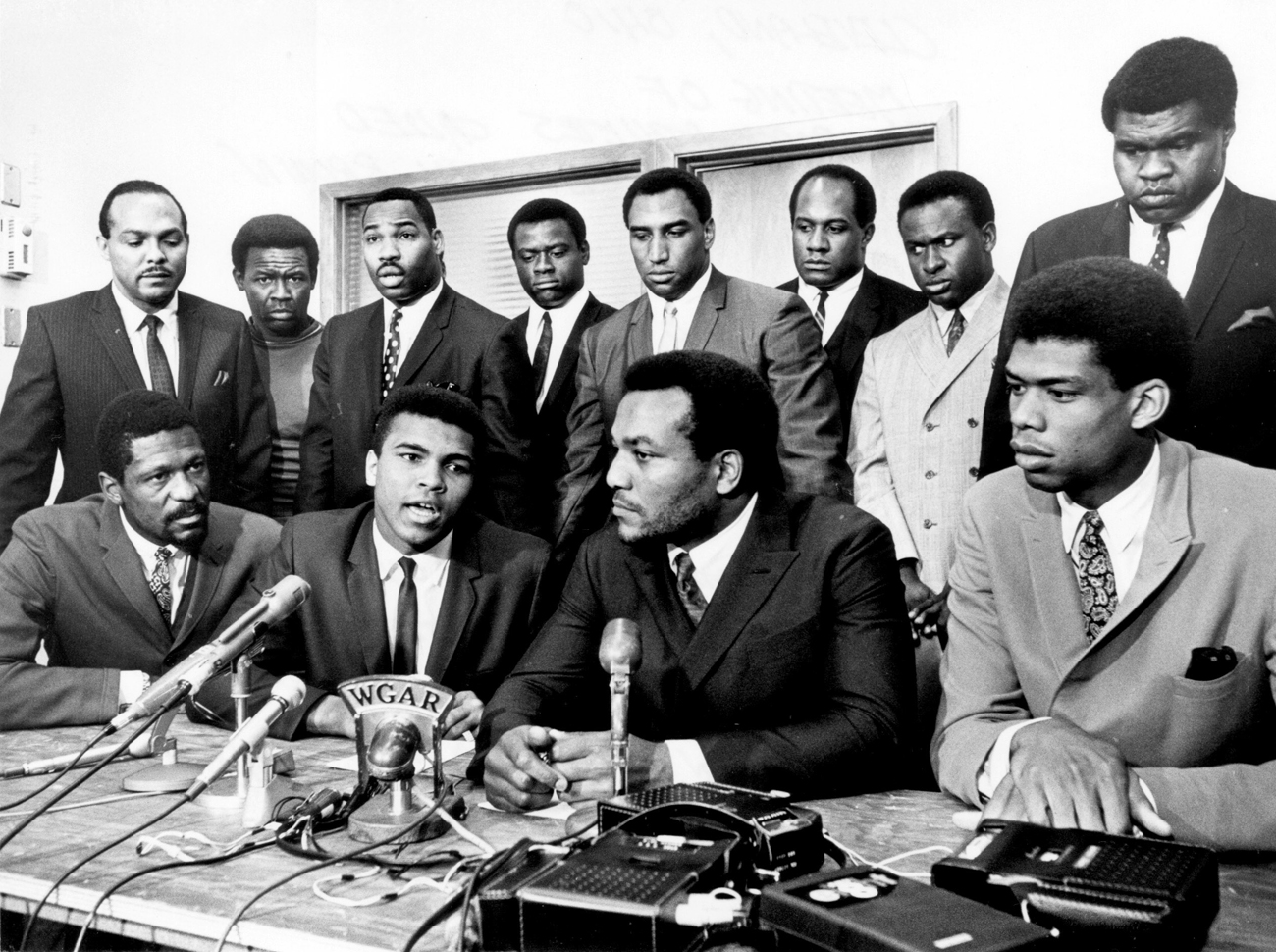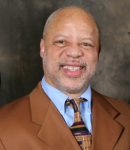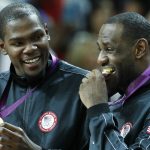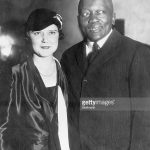(Article first published for Michigan Chronicle and NNPA member news wire services 11-8-2011)

By Leland Stein III
If one was to peruse the dictionary for the noun pugilist, Smokin’ Joe Frazier’s picture probably, and should be, firmly affixed next to that definition.
There have been bigger (George Foreman), stronger (Jack Johnson), faster (Rocky Marciano), smoother (Muhammad Ali) and prettier (Ali) heavyweight pugilist, but the adjective “warrior” is all one needs to say about the type of fighter Frazier was.
Born in Beaufort, S.C., Frazier recently transitioned after a brief battle with liver cancer at the age of 67. In his death we have all been reminded of the total man he was, and, ironically after living in the giant shadow of Ali, he finally had the world boxing stage to himself.
Frazier, like Ali (1960), won a boxing gold medal representing the United States. Frazier corralled his medal in the 1964 Olympics in Tokyo becoming the only American fighter to win gold in those Games.
After turning pro in 1965, Frazier quickly became known for his punching power and stamina, stopping his first 11 opponents. Within three years he was fighting world-class opposition, and, in 1970, beat Jimmy Ellis to win the world heavyweight title that he would hold for more than two years.
“Joe Frazier should be remembered as one of the greatest fighters of all time and a real man,” promoter Bob Arum told reporters. “He’s a guy that stood up for himself. He didn’t compromise and always gave 100 percent in the ring. There was never a fight in the ring where Joe didn’t give 100 percent.”
I agree with Arum completely, but I did not always feel that way. I admit I was a victim of the Ali mystic. I just wanted Ali to win every fight he fought, and, unfortunately for Frazier, but historic for boxing, the two came along in the same era.
Possessing the gift of gab and having the gall and audacity to challenge the status quo, while changing and revolutionizing his given name of Cassius Clay, especially during the turbulent 60’s and 70’s, made Ali bigger than sports.
Frazier, ever the pugilist, labored on the only way he knew how – straight ahead with dogged determination. No matter that he became cast as an anti-hero, an establishment symbol at a time when many Americans, including Ali, were in protest over the Vietnam War.
As I grew and learned in the sporting community, I revised my attitude of Frazier. I did not have to dislike one to like the other. After getting into the national boxing circuit as a writer I had the pleasure to encounter Smokin’ Joe one-on-one in a number of situations, and, I found him engaging and enlightening. It was my joy to converse with Frazier and listen to a true pugilist.
One of the contradictions that are ever present in the media is the giant hatred Frazier had for Ali. Sure it had some merit. Anytime two “Warriors” like Frazier and Ali had to try with all their heart to knock the other out, it was hard to maintain a friendship.
The fact of the matter is the two giants of boxing engaged each other three times. The first was the Fight of the Century at Madison Square Garden in 1971 where Frazier won a unanimous decision – giving Ali his first loss.
Ali would narrowly win their next two fights, including the the third battle, the brutal and legendary “Thrilla in Manila.” He in turn received the adoration of a public that came to appreciate the courage he showed by standing on his principles.
Ali now mostly silenced by Parkinson’s disease, making him even more of a sympathetic figure, while Frazier silently struggled with his own financial and health issues, and all the while harboring a feeling Ali wronged him.
Frazier’s professed a dislike of Ali, who taunted him ruthlessly and callously. I was at the ESPY Awards in Los Angeles where they appeared arm-in-arm. Later Frazier told me: “I don’t have the burning hate anymore. With the little time we have left, I’d like to live it clean and live it fine.”
Conversely, Ali told me in an interview that all his “taunting” and the noise he did before the Frazier fights was learned from “professional wrestling,” and, was meant only to “galvanize interest in the fights,” especially since he was the one white America hated. He also noted that Frazier’s refusal to call him Ali fueled their discord.
No matter, Frazier vs. Ali produced the greatest trilogy in boxing history.
“I will always remember Joe with respect and admiration,” Ali said in a statement. “In the end we both fought for the same things: Life, family, country and respect. Our paths to get there may have been different, but the journey took us to the same place.”
Leland can be reached at lelstein3@aol.com or Twitter @LelandSteinIII















